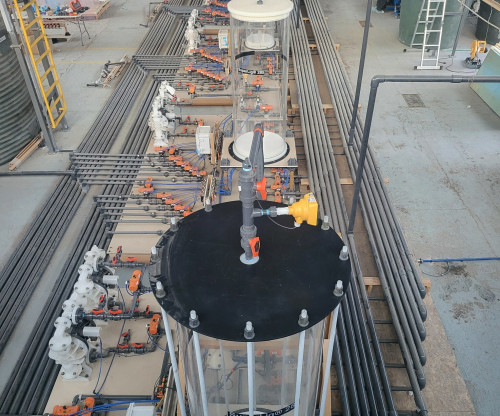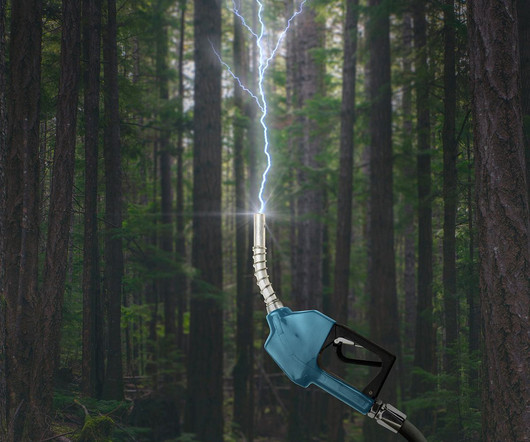IBC demonstrates highly selective high-yield direct lithium extraction from Salar de Maricunga brine
Green Car Congress
MARCH 26, 2023
IBC Advanced Technologies, a developer of highly selective separations products, engineered systems and processes based on Molecular Recognition Technology, announced Phase One results of the Direct Lithium to Product (DLP) pilot plant currently operating at Salar de Maricunga, Chile. Complete recycling of process water.






















Let's personalize your content